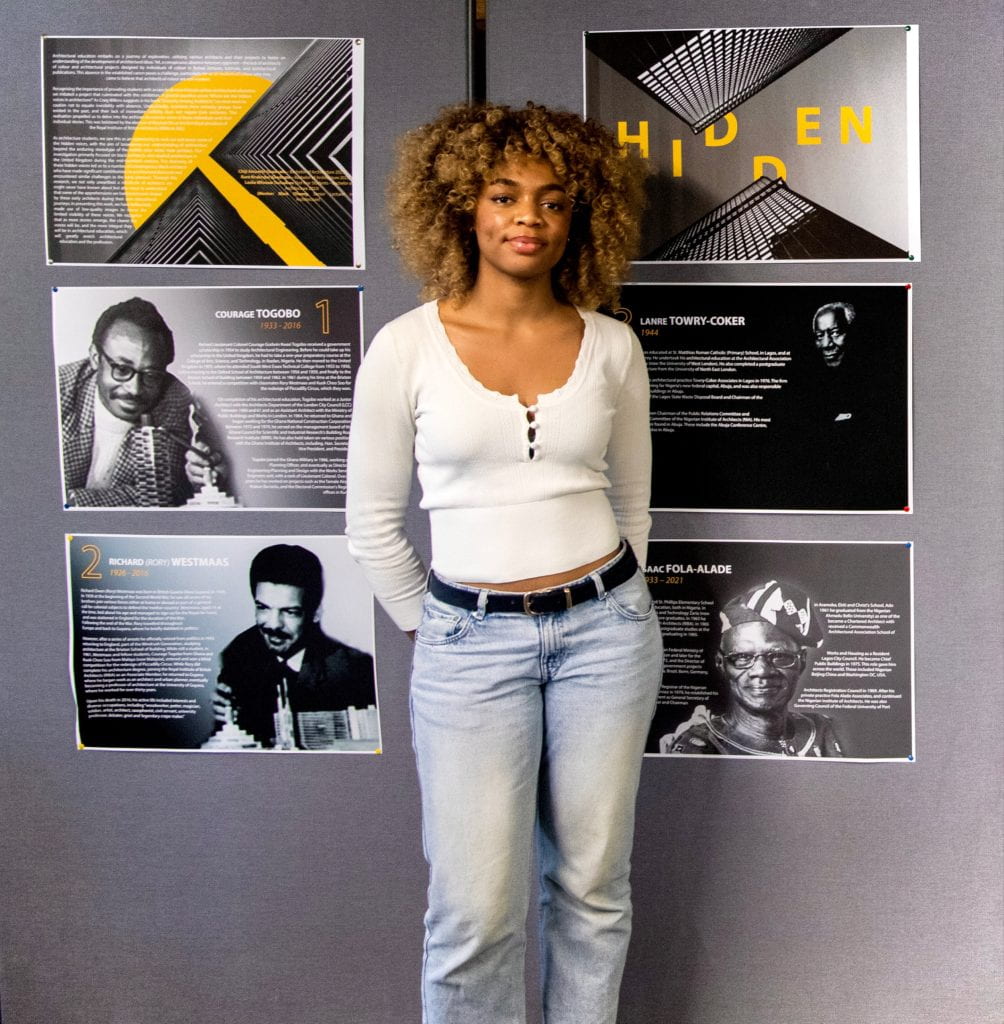Jemima Sims (Library Assistant)
Library jobs seem to find people, rather than the other way around. They appear when you least expect them and always at the right time. As a child I loved stories and books, I was always writing and illustrating my own stories and spent all my free time in my local library, which sadly no longer exists. I studied Illustration at the University of Derby and then worked in various roles in customer service and hospitality including Waterstones and IHG hotels, before starting at the University of Lincoln library, where everything clicked into place. When I told my friends and family that I was starting a job in the library, none of them were surprised. All my particular skills and interests suddenly made sense: organisational skills, encyclopaedic knowledge of specific areas of interest (film, computer games, Enid Blyton), and a penchant for dark academic fashion.

In 2022, I enrolled on a distance learning course, the MA in Information and Library Studies with Aberystwyth University I attended two study schools in Aberystwyth. The first in 2023 involved a six-hour train journey across the United Kingdom, staying over for a weeklong introduction to the university and the course, meeting fellow students and staff, and food, so much food. The second study school in September 2024 was focused on preparing for the dissertation, choosing a topic, and research ethics. I discovered that even though librarians come from different places around the world, we have so much in common. Common themes of discussion included methods of organisation, shared workplace stories, and the new stationery we had all chosen for the start of our degrees.
Distance learning has been a lot to juggle alongside full time work, and I was nervous returning to academic study after a gap of almost fifteen years. Different people have different learning styles. I prefer to keep ahead of deadlines, using skills learned from my previous jobs, and from organising art shows alongside full-time work, to manage my time. I use a giant wall planner to mark important deadlines, and a mixture of online and handwritten tools to aid my studies. I have found consistent working has meant I enjoy a balance of free time and study time, and I am constantly learning skills on my course which can benefit my daily work.
I have studied a range of modules so far. Research in the Profession asked us to analyse research articles and discuss how findings were investigated and presented. Information Services: Planning for Delivery and Studies in Management expected us to create business plans for fictional library management scenarios. Information and Society provided a general overview of how information has been stored and organised from the beginning of time, also exploring freedom of information. Information Organisation and Retrieval was a module which asked us to write a fictional journal article on a subject of our choosing, I chose ‘AI and Knowledge Management’; and asked us to provide a report analysing different information records. Collection Management mainly focused on collection development policies, and optional modules Digital Information: Discovery to Delivery and Focus on the Child: Reading and Libraries discussed digital collections and children’s reading respectively. I am currently working on my dissertation exploring the subject of collection challenges to UK public libraries, exploring themes of library censorship, with the aim of finishing by September 2025. The course has really improved my confidence in my role, has allowed me to network with amazing people, and has shown me possibilities within the library and information field and beyond. The library team has been amazingly supportive, and I would definitely recommend further study in this area to anyone, it has been genuinely life changing for me.





